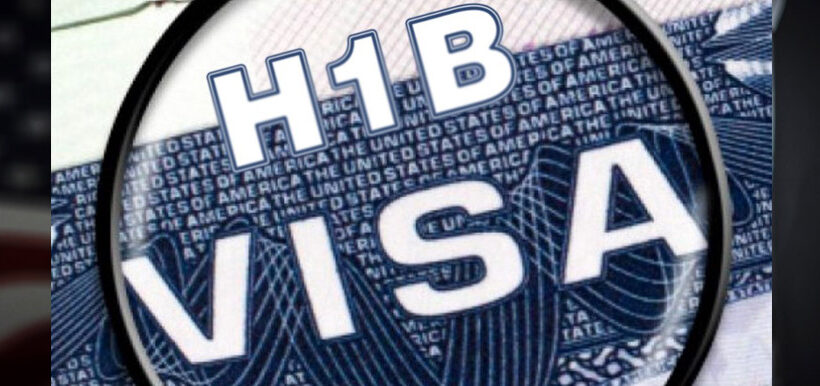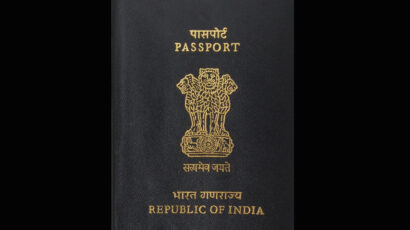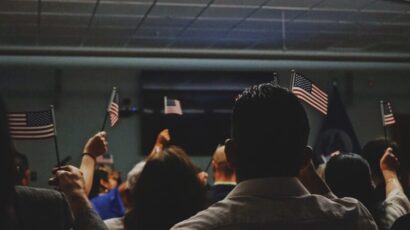US court scraps proposed Trump-era H-1B wage rule

A US federal court has permanently abolished a proposed Trump-era rule that planned scrapping of the prevailing computerized lottery system to grant H-1B work visas to foreign technology professionals and replace it with a wage-level-based selection process.
Many business groups including the US Chamber of Commerce and universities had vehemently opposed the move in the court by filing lawsuits as the rule make them ineligible to recruit professionals and harder for U.S universities to attract foreign students.
The University of Utah had earlier cited an example where an H-1B employee seeking renewal was paid an $80,000 salary but would have to be paid $208,000 under the new rule.
On Wednesday, Judge Jeffery White of the Northern California District Court agreed that the federal government didn”t make a case for implementing the rules under the Administrative Procedure Act(APA), which makes agencies accountable to the public by requiring a detailed process for enacting regulations. It contends that Chad Wolf, acting DHS secretary at the time the rules were issued, had been illegally appointed to the position.
The US Chamber of Commerce and universities had gained an interim stay for the rule in 2020.
Owing to this fact that the government presented no new facts or legal arguments on that issue, Judge White reached the same conclusion as the district court judge, on abolishing the rule.
The U.S. Chamber of Commerce and universities including the California Institute of Technology had sued in California, arguing there wasn”t adequate notice or time for the public to comment on the changes.
The US issues up to 85,000 H-1B visas each year in sectors including technology, engineering and medicine. Usually, they”re issued for three years and renewable. Most of the nearly 600,000 H-1B visa holders in the U.S. are from India and China.















